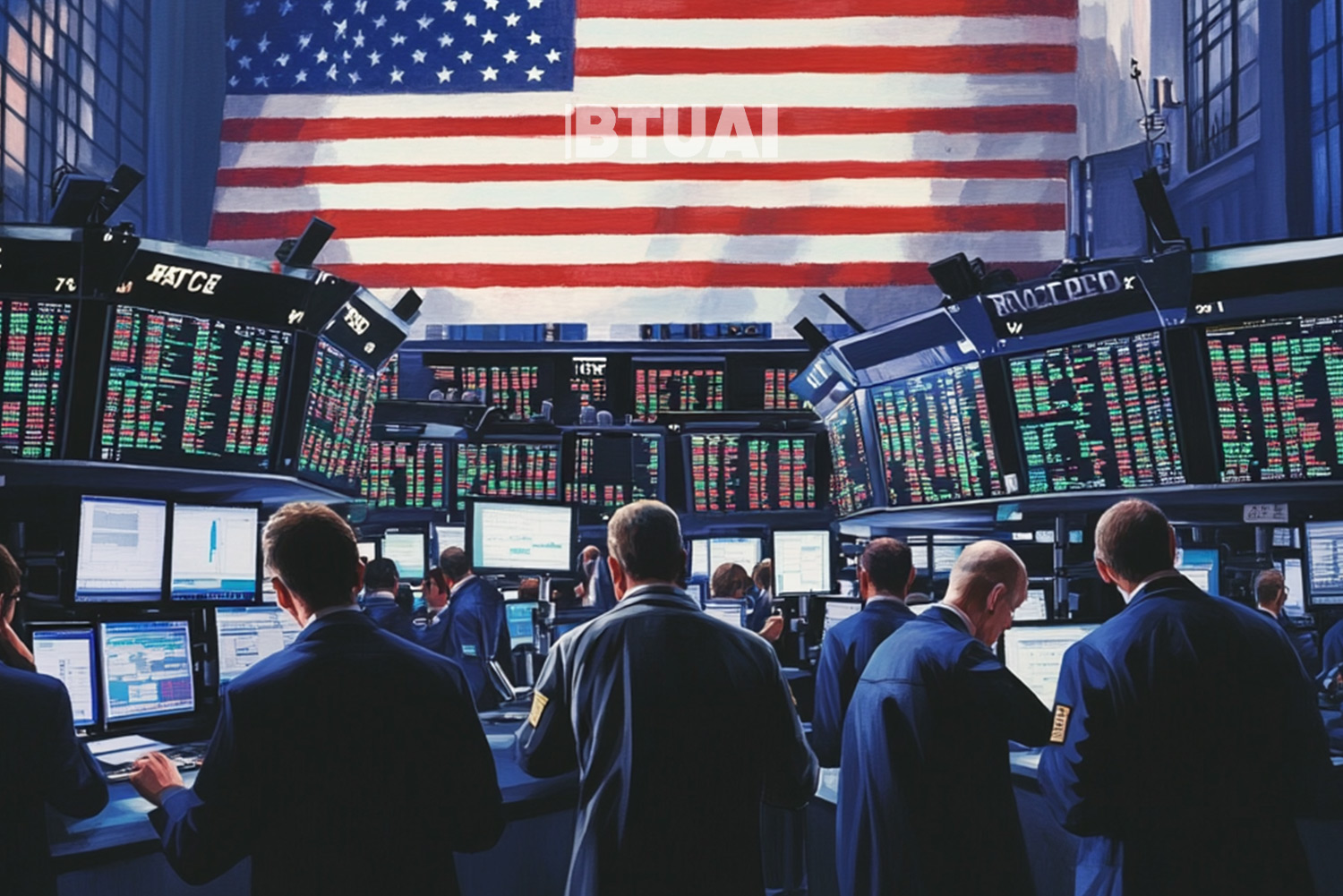The Global Appeal of U.S. Stocks Is Fading — Investors Are Seeking New Opportunities
For years, U.S. stocks were the undisputed favorite among global investors. However, a sharp shift in this trend has

For years, U.S. stocks were the undisputed favorite among global investors. However, a sharp shift in this trend has recently emerged: investors are increasingly redirecting their capital away from the U.S. and toward European and Asian markets. The reasons are diverse and significant — from U.S. trade wars to Washington’s unpredictable political climate.
One striking example from recent months is Kit Moffatt, a Canadian investor living in the Netherlands with an Irish passport. While 90% of his portfolio was once allocated to U.S. stocks, he has now fully exited the American market, redirecting his capital into European ETFs and the defense sector. Moffatt cites inflated market valuations as a primary reason, but says the final straw was the rhetoric of the U.S. President, who jokingly referred to Canada as “America’s 51st state.” “That was it — European investors are clearly growing uneasy with what’s happening in the U.S.,” Moffatt explains.
The shift in sentiment is evident in the statistics. In the first two months of 2025, investors poured $2 billion more into European equity-based ETFs than they withdrew. For comparison, in the second half of 2024, investors had pulled $8.5 billion out of these same ETFs. During that same period, the S&P 500 dropped 3.6%, while Europe’s Stoxx 600 gained 8.3%.
Interest in European equities was further boosted by Germany’s announcement to inject up to €1 trillion into its economy, much of which will go to the defense sector. As a result, Germany’s DAX index has risen nearly 15% this year. Share prices of European defense companies are climbing rapidly, attracting even more investor attention.
Lia Holmgren, a Slovak investor based in Miami who advises beginner investors on social media, states that “European markets had been asleep for years,” but are now clearly waking up. In her view, Trump’s isolationist policies also contributed to Europe’s reawakening, pushing European companies to act more aggressively in global markets. Since February, Holmgren has moved her investments from U.S. equities to European defense stocks.
Despite all this, loyal U.S. investors still place great hope in the American market. They argue that in the long run, U.S. companies will continue to dominate, particularly in the artificial intelligence sector. However, problems like high inflation, a sharp drop in consumer confidence, and reduced spending are pushing many to reassess the risks associated with U.S. markets.
Interest in European and Asian markets is also supported by relatively lower valuations compared to the U.S. For example, the Stoxx 600’s price-to-earnings (P/E) ratio is about 18.7, compared to 24.6 for the S&P 500. Even more attractive is China’s Hang Seng Index, with a P/E ratio below 13.
For some, politics is an additional reason to leave the U.S. market. Peter Stern, an American investor living in Germany, used to keep 70% of his assets in the U.S. He now believes deteriorating U.S.-Europe relations could pose serious financial risks. As a result, he is actively reallocating his capital to European stocks and bonds.
While for some investors exploring international markets can be a daunting task, many agree that in today’s market conditions, overdependence on the U.S. is risky. Still, as Australian investor Andrew Barnett notes, the U.S. has long-term leadership potential that should not be underestimated. “The best companies in the world will always be in the U.S., but right now, the real opportunities are in Europe and Asia,” Barnett concludes.
Source: Based on materials from WSJ.com




